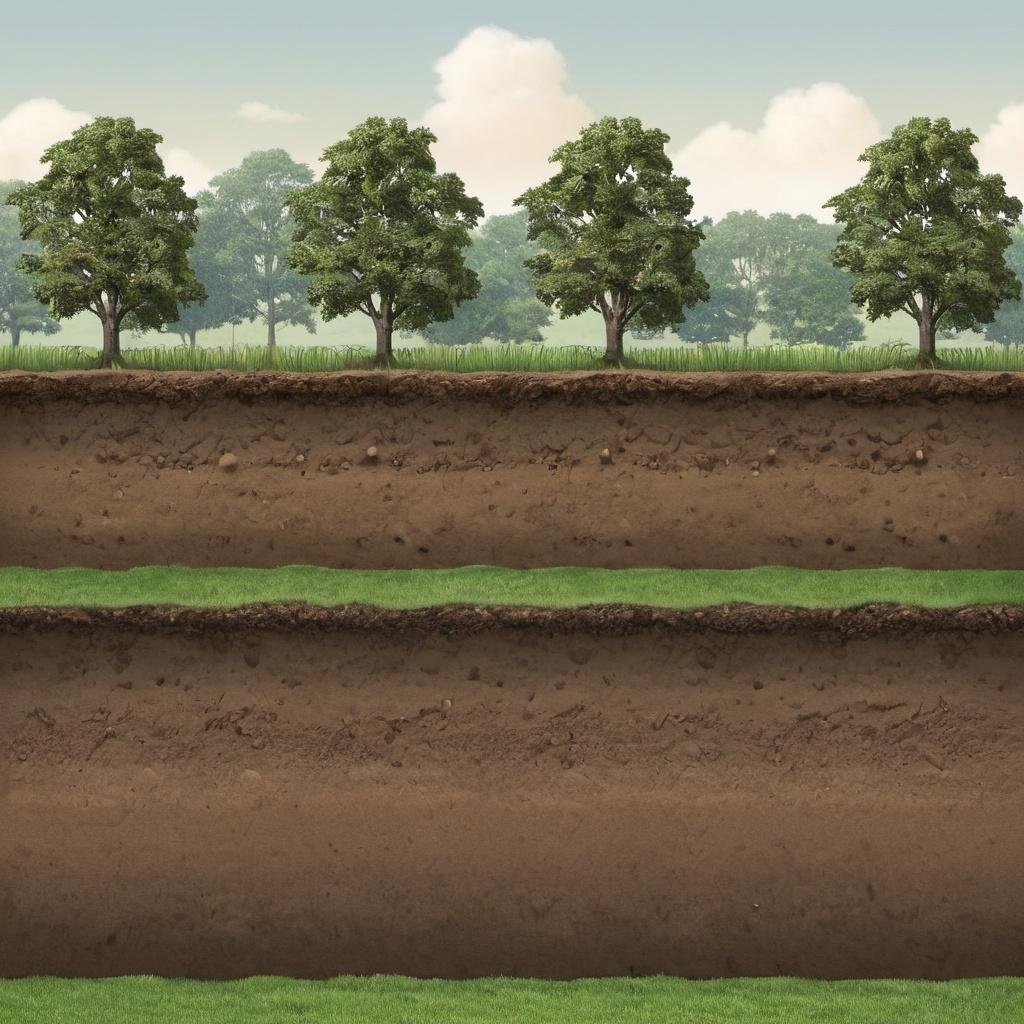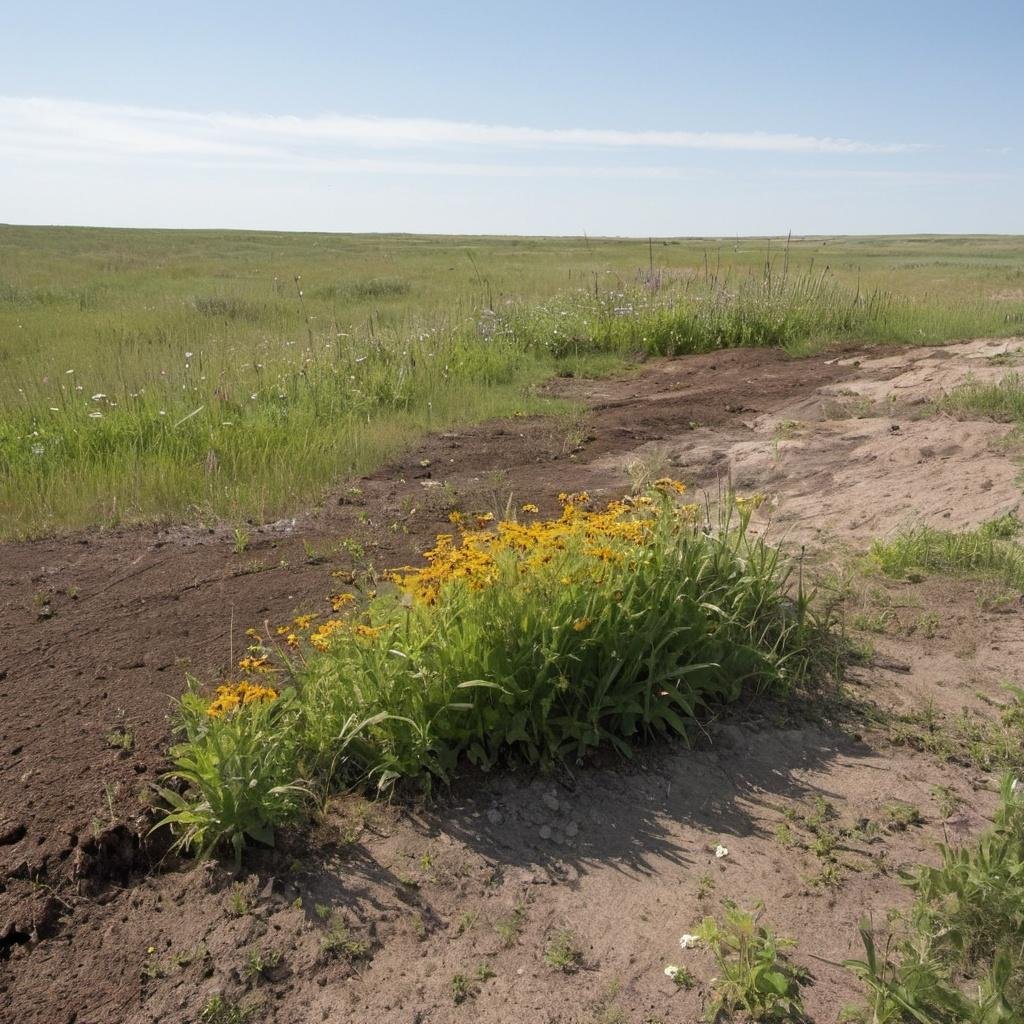
Restoring Land. Capturing Carbon. Protecting Communities.
Pioneering nature-based carbon removal with real-world environmental benefits.
Restorative Carbon Vaulting & Land Renewal
At Carbon Sequestration Inc. (CSI), we turn waste wood into a force for good. Instead of burning woody debris, we rapidly bury it in specially engineered underground vaults, locking away carbon and restoring the land above. Our process transforms flood-prone and degraded sites into resilient, thriving landscapes-supporting clean air, rich soil, and new forests for generations. Every project is independently validated, rigorously monitored, and designed for transparency, ensuring real climate impact and long-term stewardship.
Stage 1: Responsible Biomass Sourcing and Rapid Burial
Begins with collection of eligible woody debris measured for carbon content, transported to site, and processed.
Stage 3: Grading, Upland Creation, and Floodplain Restoration
Excess soils from excavation, primarily geologic clays and sandy subsoils, are skillfully mounded above the vault and used to elevate flood-prone areas nearby. This practice not only protects the vault but also improves site hydrology, increases usable land, and enhances resilience against flooding-all while maintaining the natural flow of surface water and minimizing ecological disturbance.
Stage 5: Long-Term Reforestation, Stewardship, and Monitoring
Our ultimate goal is true ecosystem restoration. Successive plantings of native trees and shrubs accelerate natural succession, and over decades, vault sites become indistinguishable from neighboring forests. Deep-rooted species enhance stabilization and groundwater recharge, while the entire ecosystem benefits from increased biodiversity and wildlife habitat. All vaults are mapped, measured, and tracked, with regular site visits to ensure cap integrity and ongoing ecological health.
Robust Monitoring and Verification:
CSI employs a state-of-the-art gas monitoring system (GMS) embedded in each vault cap to detect any escape of CO₂ or CH₄. Quarterly measurements using NDIR sensors and contingency protocols ensure vault integrity, with thresholds set conservatively to trigger remediation if needed. Independent geotechnical and environmental assessments confirm that the vaults are stable, isolated from groundwater, and pose minimal risk to air, water, or soil quality.
Regulatory and Scientific Validation
Independent Environmental Assessment:
Third-party reviews confirm no significant risk to surface water, groundwater, soils, or air. The project is not a landfill, uses no hazardous materials, and is classified as “composting” under Texas rules.Conservative Carbon Accounting:
LCA assumptions are intentionally conservative, with real-world monitoring showing actual decomposition and GHG escape rates far lower than modeled. Ongoing research and sensor upgrades aim to further refine and validate these results.Risk Management:
CSI maintains a detailed risk register, regularly updated to address operational, financial, and environmental risks, with robust mitigation strategies in place.
Stage 2: Engineered Vault Construction and Soil Capping
Each vault is excavated entirely within the thick, low-permeability clays of the Lissie Formation, well above the water table and aquifer layers. Woody debris is stacked and compacted to maximize contact with surrounding clay, reducing voids and oxygen availability. After stabilization through natural liquefaction and compaction, the vault is sealed with a 6–12 foot compacted clay cap-far thicker than a typical landfill cap-creating a robust, oxygen-limited barrier that preserves carbon and inhibits gas migration.
Stage 4: Soil Improvement and Early Vegetative Recovery
The combination of buried woody debris and fresh capping soil creates a unique, evolving soil profile. Like traditional hugelkultur, the buried wood acts as a moisture reservoir and slow-release nutrient source, gradually transforming the overlying cap into a fertile, resilient substrate. Shortly after closure, native grasses and pioneering plants are seeded to prevent erosion and kick start ecological recovery. Monitoring shows rapid establishment of lush ground cover and early successional shrubs within a few seasons.
Project Benefits
Avoided Emissions:
By burying instead of burning woody debris, each vault prevents hundreds to thousands of tonnes of CO₂ emissions, in addition to the carbon permanently sequestered underground. Life Cycle Assessment (LCA) modeling-using conservative IPCC-aligned assumptions and a 10–15% buffer for uncertainty-shows net carbon removal exceeding 4,800 tonnes CO₂e per vault over 100 years.
Restorative Land Use:
Surplus clays and excavated soils are used for floodplain uplift and site improvement, increasing usable land and long-term property value while supporting ecological resilience.Soil Quality and Hydrology:
Buried wood enhances water retention and soil fertility, creating a self-sustaining, moisture-rich environment that supports rapid revegetation and long-term forest health.Permanent, Auditable Storage:
All vaults are mapped, measured, and tracked, with transparent, third-party-validated carbon accounting. The project is fully compliant with TCEQ, Puro.earth, and international standards (ICROA/ICVCM), and aligns with Texas HB 3060’s expanded definition of carbon recycling.Community and Environmental Benefits:
The project supports local jobs, pays property taxes, improves infrastructure, and maintains open access for neighbors and wildlife. No permanent fencing or infrastructure is installed, ensuring minimal disturbance and long-term land stewardship.Legacy Forests:
Each vault is designed to become part of a thriving, mature forest, maximizing both climate and biodiversity benefits for generations to come.
Conclusion
By integrating waste management, soil improvement, carbon sequestration, and reforestation, Carbon Sequestration, Inc. turns what was once a disposal problem into an enduring climate solution and a model for holistic land renewal. Our approach is scientifically rigorous, regulatory compliant, and independently validated-delivering transparent, permanent, and audit-able climate benefits while restoring land and supporting local communities!



















